Anonymous messaging apps like NGL: ask me anything have gained popularity among teenagers seeking a platform for unfiltered opinions and candid confessions. These apps offer anonymity, which appeals to teens eager to share without fear of judgment.
However, a recent action by the Federal Trade Commission (FTC) has shed light on the darker side of such platforms, revealing how they can be exploited for bullying, harassment, and deception. Despite being marketed as free, these apps often take a toll on users’ mental health.
The FTC’s crackdown specifically targeted NGL, citing numerous harms associated with the app. On July 9th, the FTC announced a ban on NGL labs from offering or marketing anonymous messaging apps to teens under 18, marking a significant regulatory intervention in this space.
FTC Chair Lina M. Khan condemned NGL for recklessly exposing young users to cyberbullying and harassment, signaling a robust stance against businesses that prioritize profit over user safety.
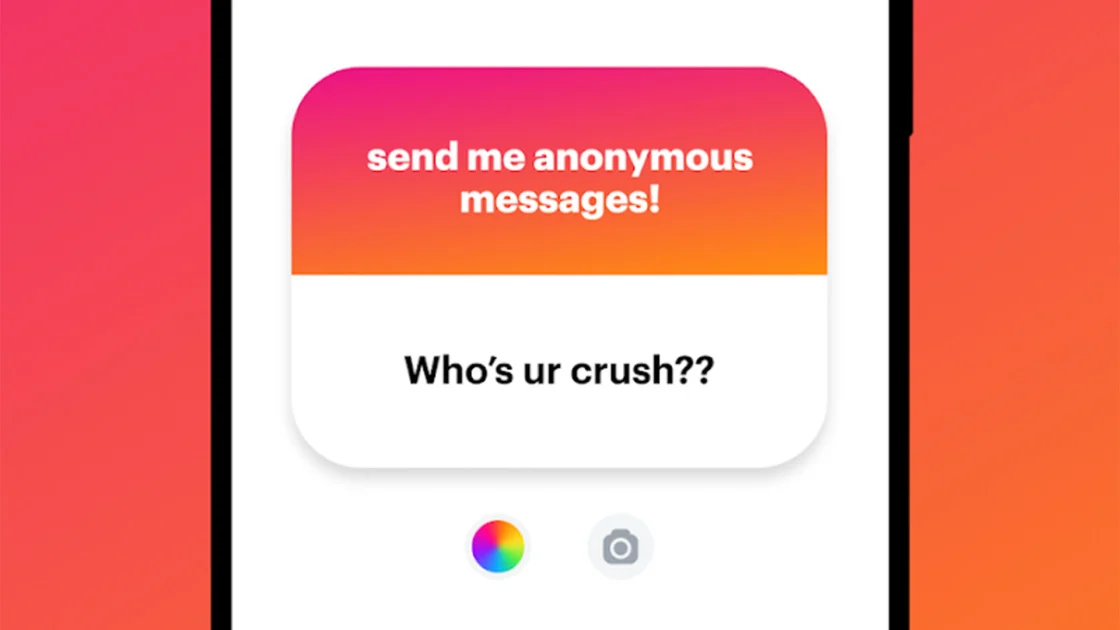
NGL, once a top download in Apple’s App Store, faced allegations ranging from unauthorized recurrent charges to deceptive practices in content moderation. The FTC’s detailed complaint outlined how NGL misled users about its AI’s ability to filter out harmful content, fabricated messages to boost subscriptions, and knowingly marketed the app to minors despite awareness of similar services causing harm in the past. The settlement, amounting to $5 million, underscored the severity of these violations.
In response to the FTC’s actions, NGL’s cofounders acknowledged some allegations while disputing others. They committed to implementing stricter age-gating measures and enhancing user protections, emphasizing their cooperation with the investigation as a catalyst for improving the app’s policies.
Despite claims of factual inaccuracies regarding user demographics, NGL’s management viewed the settlement as an opportunity for reform and vowed to make the app safer and more transparent moving forward.
The case against NGL highlighted broader concerns about the regulation of apps targeting young users, particularly in terms of privacy and deceptive practices. Advocacy groups like Fairplay welcomed the FTC’s order, asserting that it sends a clear message that tech companies must be held accountable for products that pose risks to children’s well-being.
As the digital landscape continues to evolve, regulatory scrutiny over apps catering to minors is expected to intensify, aiming to safeguard vulnerable users from exploitation and harm.

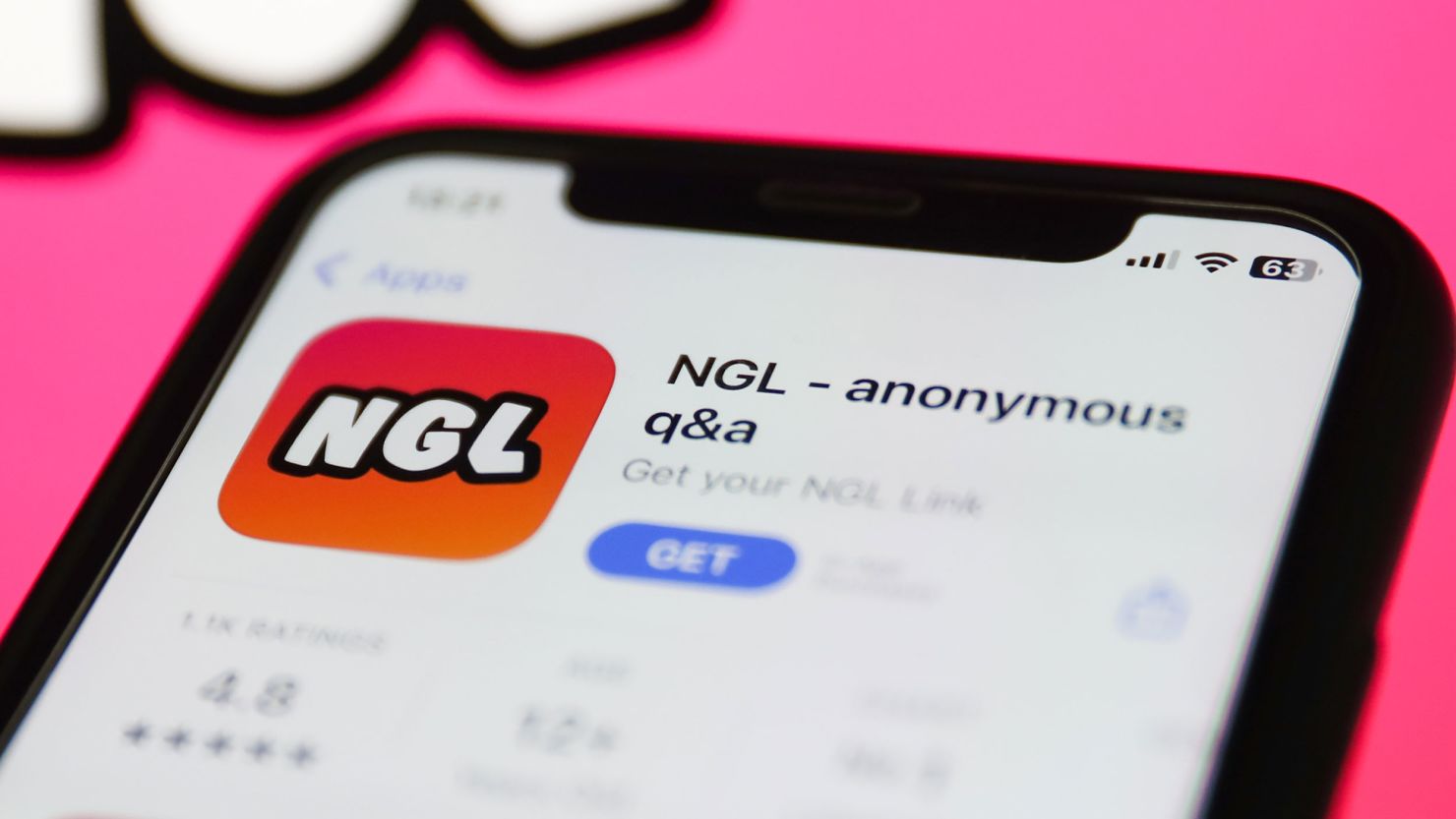
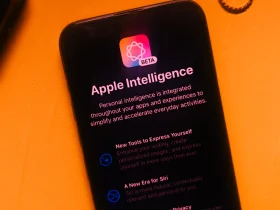
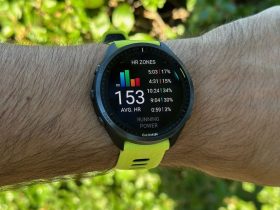

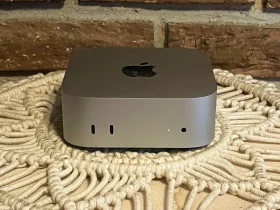
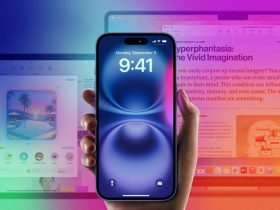
Leave a Reply